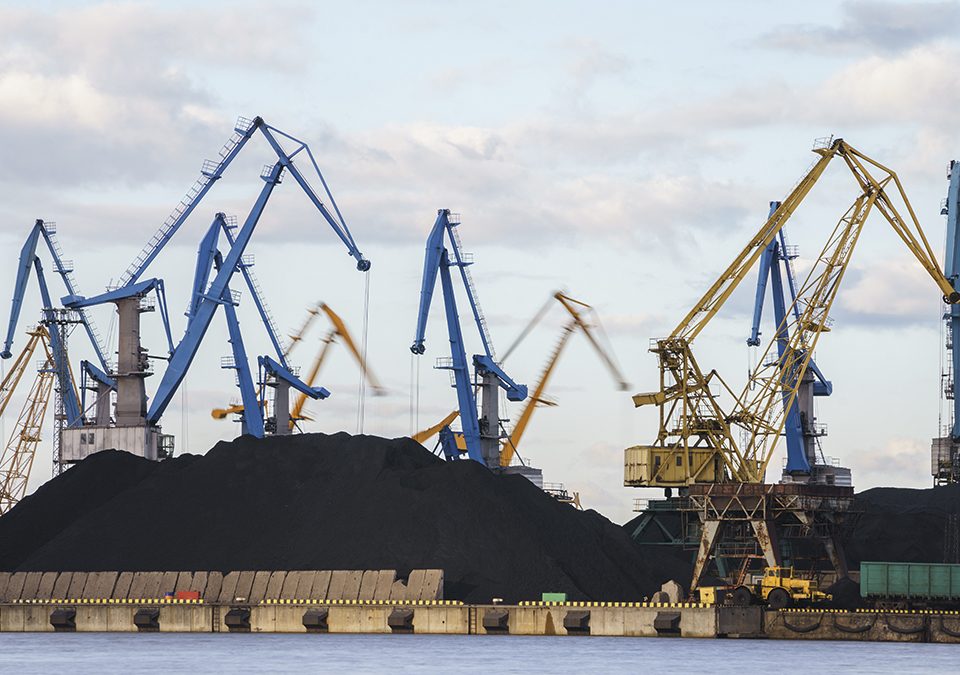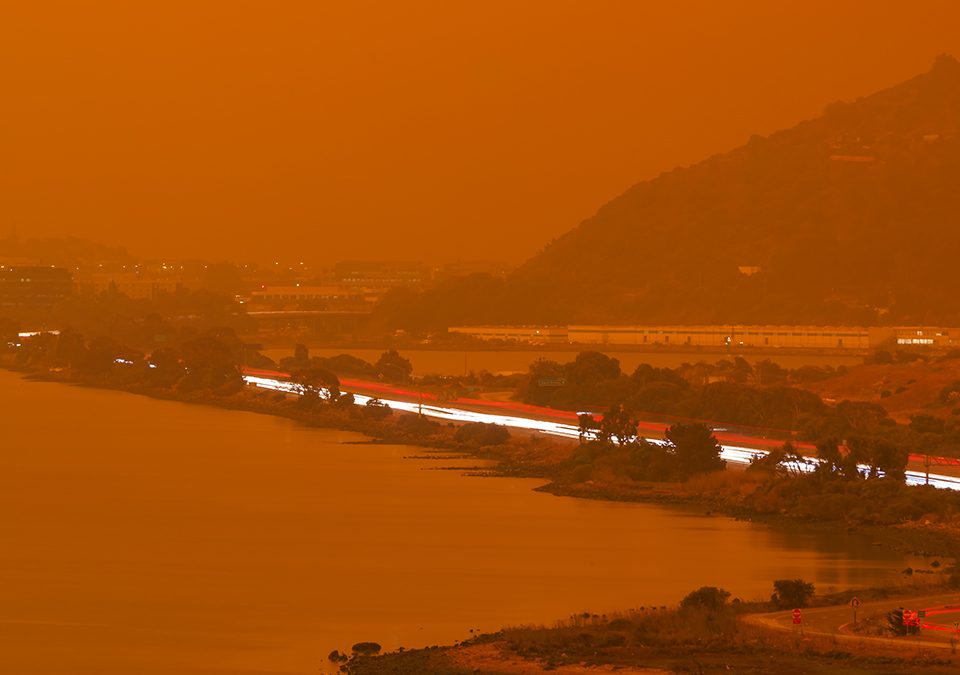Fossil Fuel Boycotts: Dangerous & Illegal
This Sure Ain’t California Dreamin’ – Rolling Blackouts in the Golden State
August 18, 2020Shawn Taylor Brings Western Presence to Energy Fairness Board
August 28, 2020We’ve written many times about the dangers of America’s largest financial institutions picking winners and losers for energy development, but the trend has sadly continued. Banks are continuing to withhold funding for oil and gas projects, and it is quickly becoming clear that these actions may be illegal.
Federal anti-trust laws are in place to protect consumers from unreasonable agreements in restraint of trade. Supposedly, anti-trust laws prohibit boycott agreements initiated by third parties, which could unreasonably constrain market competition. Ordinarily, major banks and other financial institutions compete to lend money to corporate customers, which brings down costs.
Unfortunately, pressure from activist organizations has driven the biggest U.S. banks to almost uniformly declare they will no longer finance fossil fuel projects. It seems likely that these banks didn’t come to this decision on their own, but likely after third party activism cranked up the pressure to force a boycott. It’s hard to misconstrue this action as anything, but illegal. Oil and gas companies aren’t the actual victims of these forced divestitures. The Victims? Those consumers who are forced to pay more for affordable and reliable energy.
U.S. banks are highly subsidized and, as we saw during the 2008 financial crisis, propped up by the American taxpayer. Even during the Covid 19 crisis, banks have continued to profit as they facilitate the delivery of CARES Act relief funds. Not surprisingly, they are generously compensated for these transactions. Yet, by turning their backs on critical oil and gas infrastructure projects,these same financial institutions are ensuring that access to affordable and reliable energy will decline. This isn’t fair, market-based competition.
And that’s precisely what the U.S. Comptroller of the Currency thought in a response to a letter from U.S. Senator Dan Sullivan (R-AK). In his response – Brian Brooks – the Acting Comptroller acknowledged that the oil and gas industry “…supports 10.3 million jobs in the United States…” and “…constitutes nearly 8 percent of our GDP.” More importantly, he stated he would “…analyze whether these [recent bank] actions violate any duty or obligation under federal laws.”
It’s welcome news to learn that one of the federal government’s top bank regulators is investigating whether the financial institutions reaction to pressure campaigns do, in fact, violate federal law.
Yet, pressure campaigns have already forced a number of pension funds, universities, and other entities to divest from fossil fuels over the years. This is a problem because fossil fuel companies are then forced to go elsewhere for funding often at a sharply higher cost. Not only does this raise prices for consumers, but it also leaves pensioners and universities in the lurch. Fossil fuels are likely to be a part of our lives for a very long time, and that generally makes them a smart investment.
The Covid 19 pandemic, in particular, has highlighted the importance of fossil fuels in our day to day lives. These critical resources are used to make essential products such as alcohol for hand sanitizer and plastic for personal protection equipment (PPE). If banks continue their boycott of fossil fuel projects, we may find ourselves in a much more difficult situation whenever the next crisis arises.
Starving fossil fuel companies of needed funds will not do much to win the war against carbon dioxide emissions, but what it will do is make life harder for the millions of Americans who depend on affordable, reliable power and a range of other products. Bank boycotts are nothing more than symbolic virtual signaling at best, and illegal at worst.


